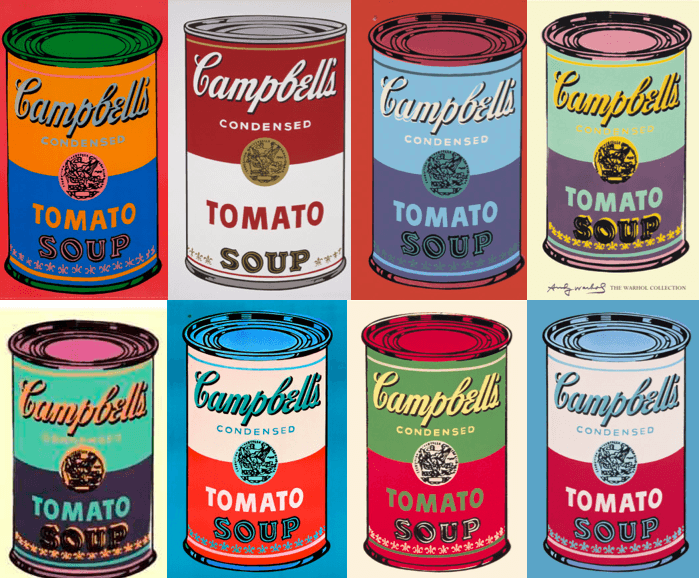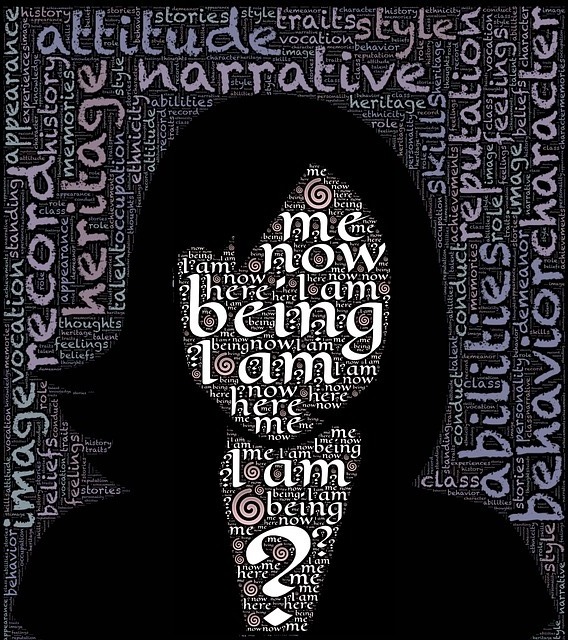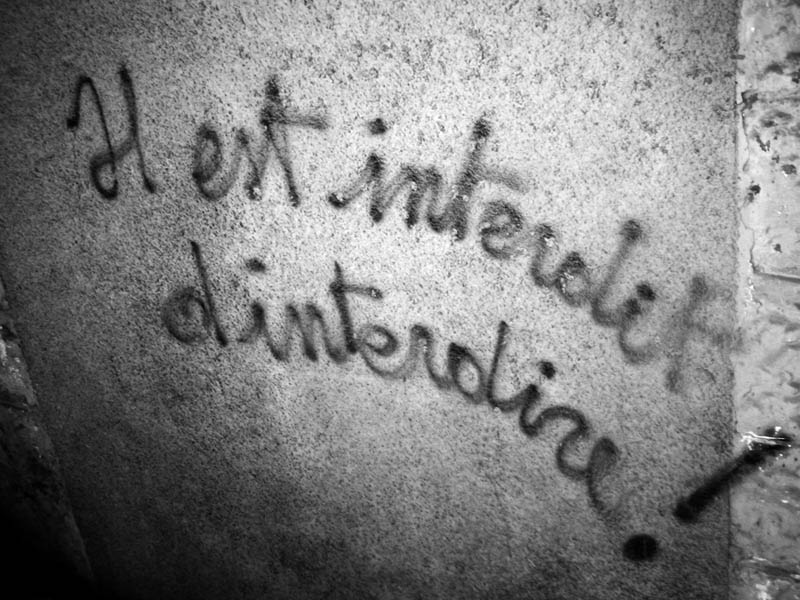An analysis of a longer passage by my friend Xerxes, elaborating on his claim that “No one does something knowing that it’s wrong.” It is important, because it sums up postmodern morality, and postmodern morality seems to be taking over even mainstream Christianity.
First, his position:
“You assume that the perp will recognize that something is wrong, because the rest of us think it's wrong. Conscience has nothing to do with it. The Mafia will murder because that's the way they settle things. For them, it's right. The Ponzi scheme organizer doesn't believe he's doing wrong -- his job is to make money, and the effect on others is immaterial. You yourself refer to the narcissist killing because other people are happy; if it makes him feel better, he will think it's right. You shouldn't assume that because YOU know it's wrong, someone else will also hold that belief.”
It is a little unclear to me whether he is advocating the full-on postmodernist view that there is no right and wrong, but truth is negotiated into being, “constructed,” by groups and society; or that groups can indeed be morally right or wrong, there is such a thing as objective morality, but individuals can never know what it is—their thinking is entirely conditioned by their social group.
The problem with the latter position is, of course, that he must be equally unable to know right from wrong.
But let’s look at each of his sentences in turn, and try to puzzle it out.
“Conscience has nothing to do with it.” “It” seems to mean “our actions.” So he does seem to be denying there is such a thing as conscience, no innate knowledge of right and wrong. Notions of right and wrong seem to come from doing what those around you do—the Mafia example. But then, not necessarily. The lone individual also has the right to declare whatever “makes him feel better” an absolute moral good.
As to morality being “constructed” by the group, I refer to the Bible:
“Enter through the narrow gate. For wide is the gate and broad is the road that leads to destruction, and many enter through it. But small is the gate and narrow the road that leads to life, and only a few find it.”
Non-Christians are free to reject the Bible, but if you accept its authority, so long as we are just doing what we see others do, we are on the road to destruction. We must make moral judgements for ourselves, not just follow the crowd, or we are objectively immoral. And I think in the end the truth of this is evident to pure reason. If you just do what others do, you are actually avoiding any moral choices.
“The Mafia will murder because that’s the way they settle things. For them, it’s right.”
Mafia types have no awareness that it is wrong to murder? That kills the premise of Godfather 3, in which Michael Corleone seeks redemption for his evil life. It also makes the Nuremberg trials illegitimate. The Nazis were just doing what they thought was right, and what was approved by their society. Indeed, as soon as you accept the phrase “for them, it’s right,” different rights for different people, there is no basis for judging any act more moral than any other. Morality is just whatever is imposed by those in power. There is no option but to bully or be bullied.
You could pull back and say: “No, morality is objective. Nevertheless, the Mafia sincerely if erroneously believed that murder, extortion, and theft were moral. So they cannot be blamed.” But if you accept even this weaker claim, now how can you know that it is them who are wrong, and you who are right? Perhaps you have it backwards.
“The Ponzi scheme organizer doesn’t believe he’s doing wrong—his job is to make money, and the effect on others is immaterial”
Surely this argues it is moral to pursue your own self-interest, and not care about others. Yet this is immoral by definition. The Golden Rule is found almost word for word in every moral tradition: do unto others as you would have them do unto you. Or frame it as Augustine did: “Love, and do what you will.” Kant demonstrated that the basis of morality is self-evidently true, a categorical imperative: we must treat others as an end, not a means; we must act only in ways we could wish all others to act. If you are looking out for your own self-interest and not caring what this does to others, you cannot pretend to be acting morally.
“You yourself refer to the narcissist killing because other people are happy; if it makes him feel better, he will think it's right.”
This seems to say that whatever makes you feel good is right. If you enjoy murdering strangers or raping women, what right has anyone else to judge?
To the contrary, one is only acting morally when acting against your own self-interest or what makes you feel good. Otherwise, as Jesus says, “you already have your reward.” There would never be a conflict, and there would be no possibility of sin in the world.
Eve looked at the apple, saw that it was good to eat, and desirable for bestowing wisdom. How could anyone suggest she did wrong?
Abel had provoked Cain by being happy. How could anyone blame Cain?
St. Paul understands life differently:
“For I have the desire to do what is good, but I cannot carry it out. For what I do is not the good I want to do; no, the evil I do not want to do—this I keep on doing.” – Romans 7: 18-9.
Morality is a struggle between animal desires and raw selfishness, on the one hand, and the duty to love others.
“You shouldn't assume that because YOU know it's wrong, someone else will also hold that belief.”
This seems to assume that anything anyone believes to be true must be true. “True for them,” in the hackneyed postmodernist phrase.
If, then, someone does not believe in gravity, gravity does not apply to them. I would not try that at home.
For a thing to be sinful, the perpetrator must know it is wrong. Not to realize this is a legitimate possibility: a small child, for example, is not responsible for their actions.
But if, as noted, the core of morality is so simple as “do unto others,” there is very little scope for sincerely and with good intentions not grasping the concept. Even severely mentally retarded folks can grasp this.
We are also morally obliged to educate ourselves and reason over our acts to avoid sin; for the same reason that “criminal negligence” is a crime, and “ignorance of the law is no excuse.” To not continually make the effort is immoral in itself.




























